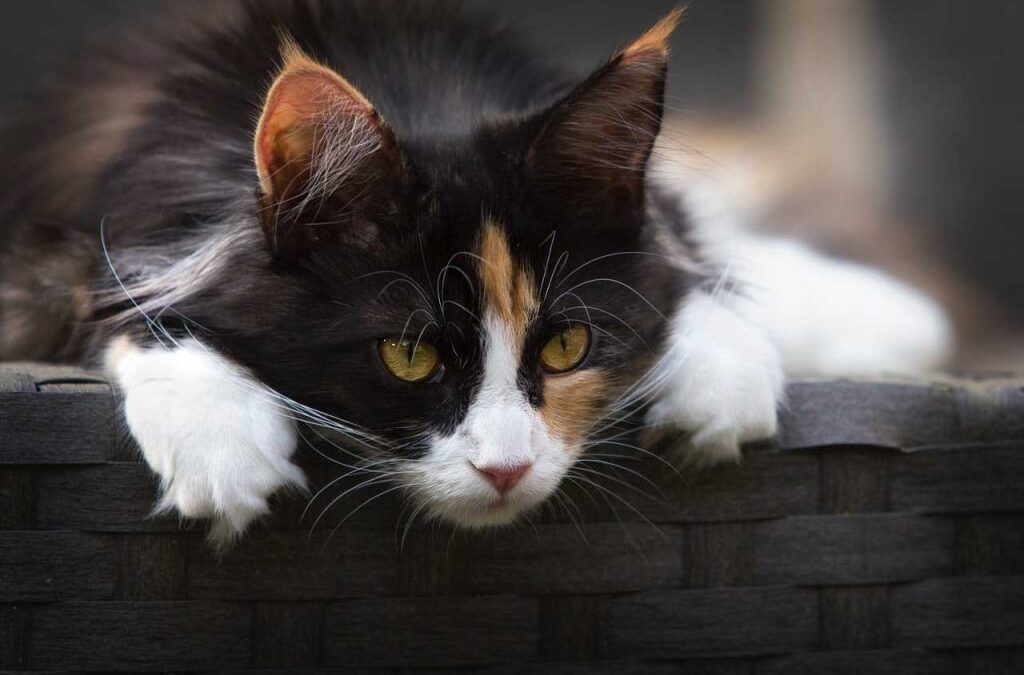Are you a cat owner wondering why your cat is vomiting? It’s a common question among cat owners. It’s a major reason for veterinary visits.
Many people having felines as housemates can say they have seen them vomit. Some of them say their cats vomit regularly. Some end up asking questions like “is it normal for my cat to vomit? What does it mean for my cat to vomit?”
In this article, we’ll discuss:
- Some of the most common causes of vomiting
- The main diseases that can cause this vomiting in cats.
- Some of the primary reasons for vomiting in cats:
- Some of the primary reasons for vomiting in cats are the following:
Hairballs
Felines swallow some amount of hair by grooming. Long-haired cats are especially susceptible to hairballs. A vomited hairball usually appears as a thick, wet clump of hair. This problem is often remedied by giving the cat Laxatone or a bit of vegetable oil in the food. Consult your vet about this.
However, you should take the kitty to the vet if there is evidence of compulsive grooming and/or hair loss.
Another cause of vomiting is infection or parasites. Giardiasis is caused by one-celled organisms which live in a cat’s small intestine. Severity varies; when serious it can lead to weight loss, chronic intermittent diarrhea (often soft & watery and greenish tinged), fatty stool, and vomiting.
Food Toxicity
Foods toxic to cats include onions, garlic, raw eggs, raw meat and bones, chocolate, alcohol & raw dough, dairy products including milk, grapes and raisins, and dog food.
Pancreatitis – Inflammation of the pancreas requiring immediate treatment.
IBD or inflammatory bowel disease and cancer that is most often due to lymphoma.
Hyperthyroidism, a senior cat disease, can cause chronic vomiting. A tumor on the thyroid gland causes the thyroid to produce too much thyroid hormone. Fortunately, this is usually easily remedied. Treatments may include oral medication or radiation done in a facility specifically for cats.
Chronic Kidney Disease – (CKD) in stages 3 and 4 can also cause vomiting.
In summation, if your cat is vomiting as described, with the exception of the occasional hairball, take your cat to your vet promptly. It is an inflammation of the stomach and intestine that makes them sensitive and can cause vomiting and diarrhea. This disease mainly affects middle-aged and geriatric cats.
Chronic kidney disease Like IBD, chronic kidney disease is quite common in middle-aged cats and especially in geriatrics. It is a kidney failure that makes urine cannot be properly purified and, therefore, ends up producing gastric damage that causes vomiting.
What to do if you find your cat vomiting
The bottom line of this article is, whatever may be the cause of the vomiting, ensure you don’t ignore it.
Cats are very resistant animals and they know how to perfectly hide the signs of sickness. That is why when faced with any behavior other than normal, you must observe the pet and not normalize the situation Of course and, as I have indicated previously, in the face of signs such as vomiting, the indicated thing is ALWAYS to go to a consultation with your trusted veterinarian.


Recent Comments